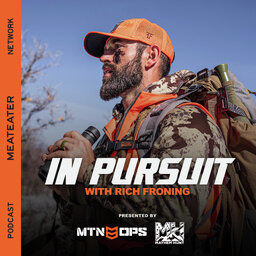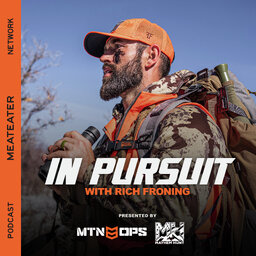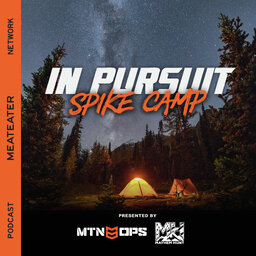Ep. 134: Initial Ascent with Joe Elliston and Dennis Stokes
Jason sits down with Joe Elliston and Dennis Stokes of Initial Ascent to dive into the story behind their hunting pack company. They talk about what inspired them to start the brand, the hands-on prototyping process, and the rigorous testing their packs endured before ever hitting the market. The conversation highlights the innovation that sets their pack system apart, as well as where they're headed next in the world of high-performance backcountry gear.
Connect with Jason, Dirk, and Phelps Game Calls
MeatEater on Instagram, Facebook, Twitter, Youtube, and Youtube Clips
Subscribe to The MeatEater Podcast Network on YouTube
Shop Phelps Merch
 In Pursuit
In Pursuit


